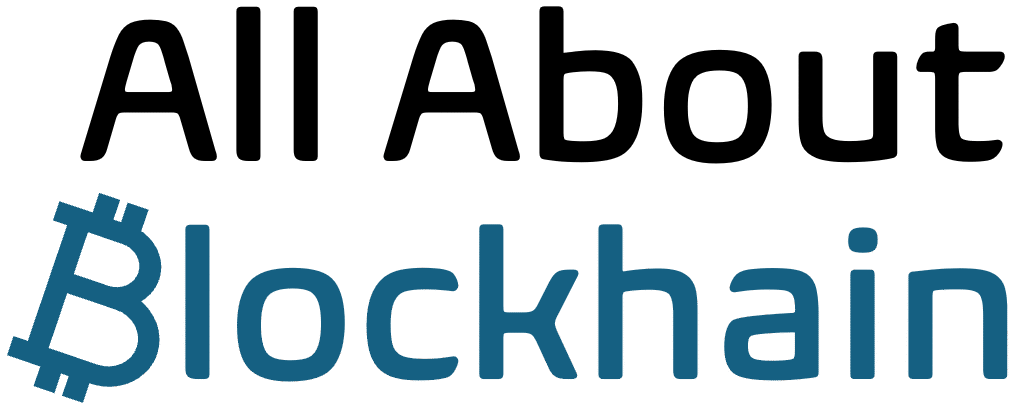Introduction
Blockchain transactions are immutable and transparent—once confirmed, they cannot be altered. However, verifying transactions is crucial to ensure funds have been successfully sent or received. Whether you’re tracking a payment, auditing smart contracts, or troubleshooting delays, knowing how to verify transactions on major blockchains like Ethereum, Bitcoin, and Solana is essential.
This guide covers:
- Why transaction verification matters
- How to check transactions on each blockchain
- Common issues and troubleshooting tips
- Tools and explorers to simplify verification
Why Verify Blockchain Transactions?
Before exploring how to verify transactions, let’s understand why it’s important:
- Confirmation of Payments – Ensure funds reach the intended recipient.
- Fraud Prevention – Detect failed or malicious transactions.
- Smart Contract Audits – Verify contract executions on Ethereum & Solana.
- Network Congestion Insights – Check gas fees (Ethereum) or prioritization fees (Solana).
Now, let’s break down verification for each blockchain.
1. Verifying Bitcoin Transactions
Bitcoin’s blockchain is transparent and decentralized, making transaction verification straightforward.
Step-by-Step: How to Check a Bitcoin Transaction
- Locate the Transaction ID (TxID)
- Found in your wallet (e.g., Ledger, Trezor, Electrum).
- Example TxID:
a1b2c3...z9
- Use a Bitcoin Block Explorer
- Popular explorers: Blockstream Explorer, Blockchain.com
- Paste the TxID into the search bar.
- Interpret the Results
- Status: Unconfirmed (0 confirmations) or Confirmed (6+ confirmations = secure).
- Inputs/Outputs: Verify sender/receiver addresses.
- Fees: Check the satoshis per byte (higher fees = faster confirmations).
Common Bitcoin Transaction Issues
Stuck Transactions – Low fees can cause delays. Use Replace-by-Fee (RBF) if supported.
Incorrect Address – Double-check recipient addresses before sending.
2. Verifying Ethereum Transactions
Ethereum transactions include token transfers, smart contract interactions, and NFT transactions.
Step-by-Step: How to Check an Ethereum Transaction
- Find the Transaction Hash (TxHash)
- From MetaMask, Trust Wallet, or exchange history.
- Example:
0x4a3b...f8e2
- Use an Ethereum Block Explorer
- Etherscan (most popular)
- Blockscout (for alternative chains)
- Analyze Transaction Details
- Status:
- Success – Executed correctly.
- Failed – Out of gas or reverted.
- Gas Fees:
- Gas Price (Gwei) and Gas Used determine cost.
- Interacted Contract (if any): For DeFi or NFT transactions.
- Status:
Common Ethereum Transaction Issues
Out of Gas – Increase gas limit for complex smart contracts.
Pending Too Long – Speed up or cancel via wallet options.
3. Verifying Solana Transactions
Solana is known for fast, low-cost transactions, but verification differs slightly.
Step-by-Step: How to Check a Solana Transaction
- Locate the Transaction Signature
- From Phantom, Solflare, or exchange history.
- Example:
5x9L...3kPm
- Use a Solana Explorer
- Review Transaction Data
- Status: Confirmed (finalized) or Failed (e.g., insufficient balance).
- Fee: Usually minimal (fractions of a cent).
- Program Logs: For smart contract interactions (e.g., Raydium swaps).
Common Solana Transaction Issues
Transaction Not Showing – Check if the wallet submitted it properly.
Network Congestion – Rare but possible during high traffic.
Best Practices for Transaction Verification
Always Double-Check Addresses – A single wrong character can lead to lost funds.
Use Verified Explorers – Avoid phishing sites (e.g., fake Etherscan clones).
Monitor Gas Fees – Tools like ETH Gas Station help optimize costs.
Enable Notifications – Some wallets (e.g., MetaMask) alert on transaction status.
Conclusion
Verifying transactions on Bitcoin, Ethereum, and Solana ensures security and transparency in your crypto dealings. By using blockchain explorers and understanding key details like TxIDs, gas fees, and confirmation times, you can confidently track and troubleshoot transactions.
Next Steps:
- Bookmark your favorite explorers (Etherscan, Solscan, Blockstream).
- Test with small transactions first.
- Stay updated on network upgrades affecting transaction speeds.
